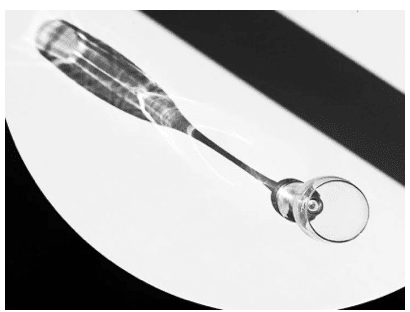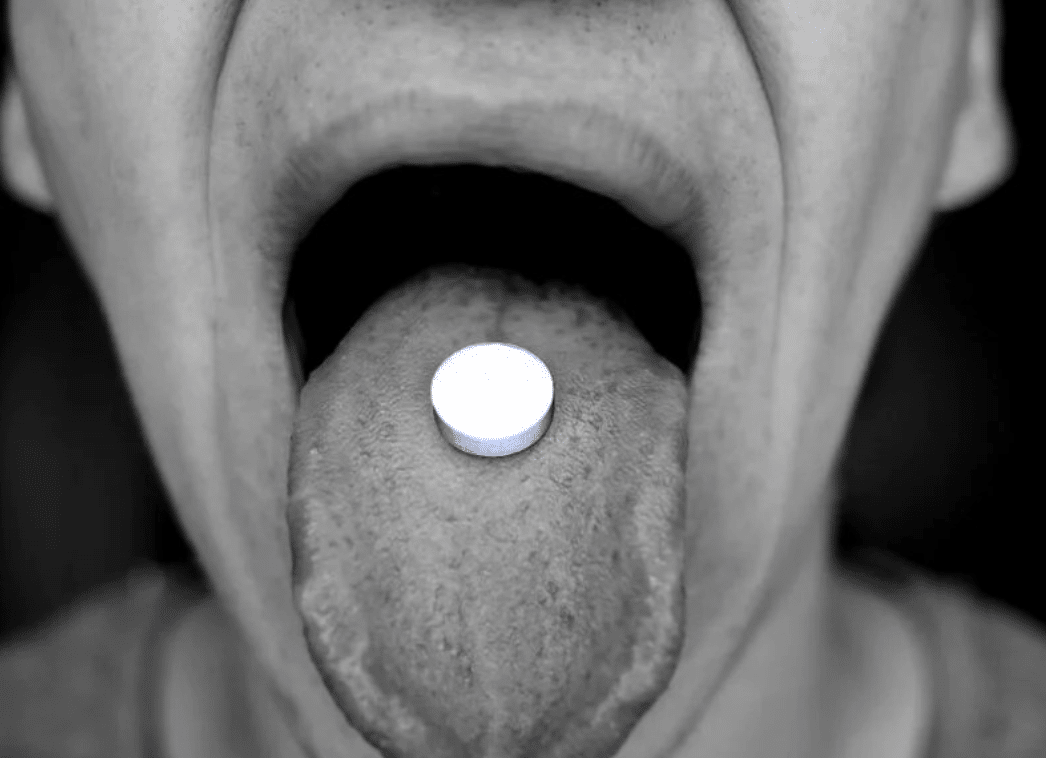
Can sticking to the MIND diet stave off cognitive decline after stroke?
The MIND (Mediterranean-DASH Intervention for Neurodegenerative Delay) diet was developed by Martha Clare Morris , a professor of epidemiology and director of the Section of Nutrition and Nutritional Epidemiology at Rush University Medical Center in Chicago, IL.
It uses elements of both the DASH (Dietary Approaches to Stop Hypertension) and the Mediterranean diets.
Aimed at promoting brain health, the MIND diet focuses heavily on consumption of vegetables, nuts, beans, fish, poultry, whole grains, olive oil, and a moderate consumption of wine. Foods to be avoided include red meats, butter and margarines, cheese, pastries, sweets, and fried or fast foods.
A research team from Rush, including senior study author Prof. Morris, have found a link between adherence to the MIND diet and a slower rate of cognitive decline in individuals who previously had a stroke.
The findings were presented at the American Stroke Association International Stroke Conference 2018 in Los Angeles, CA, on Thursday.
Stroke and dementia
“We know that stroke survivors are twice as likely to develop dementia compared to the general population,” explains lead study Dr. Laurel J. Cherian, a vascular neurologist and assistant professor of neurological sciences at Rush University Medical Center.
Previous work by Prof. Morris showed that even moderate adherence to the MIND diet had a positive influence on cognitive decline; in one study, the risk of developing Alzheimer’s was reduced by 35 percent.
“I was really intrigued by the results of a previous MIND study, which showed that the people who were most highly adherent to the MIND diet cognitively functioned as if they were 7.5 years younger than the least adherent group,” says Dr. Cherian. “It made me wonder if those findings would hold true for stroke survivors.”
Dr. Cherian’s study included 106 participants, who had a history of stroke. Each participant was assessed once per year to test their individual level of cognitive decline, for an average of 4.7 years.






